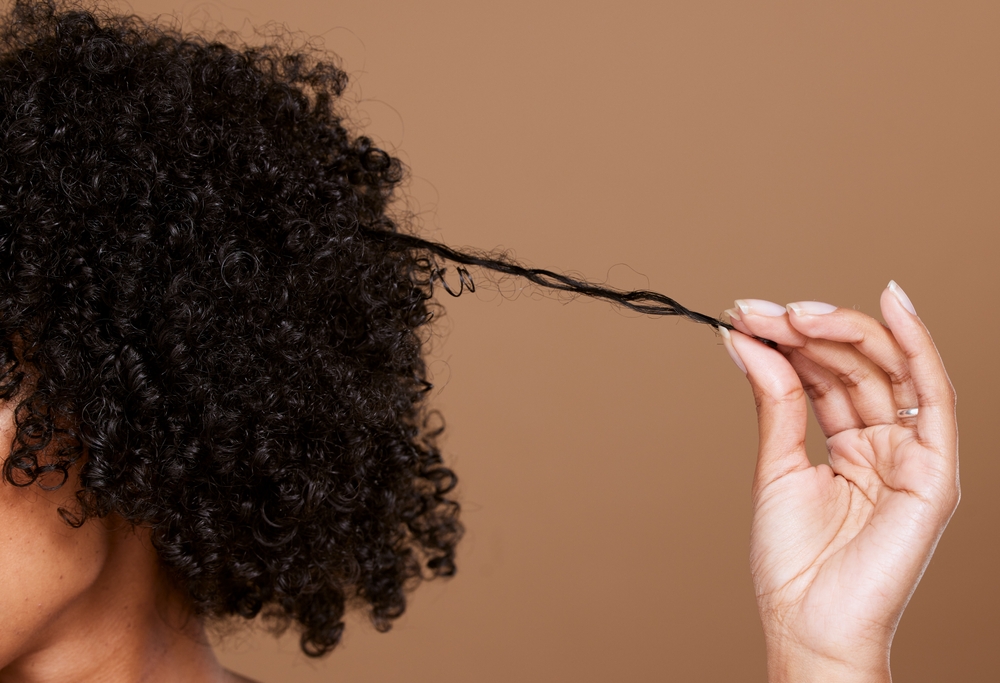The US Food and Drug Administration is in the spotlight for its intention to propose a ban on certain hair-straightening products with chemicals linked to cancer, a stride towards better public health measures.
The US Food and Drug Administration (FDA) is set to propose a ban on certain hair-straightening products. These include products such as chemical relaxers and pressing products, following discoveries linking them to significant health risks.
The impending rule will target products containing formaldehyde and other formaldehyde-releasing chemicals like methylene or glycol. Upon the release of this proposed rule, the FDA will open the floor for public comments. This will steer the final decision on whether to terminate or advance the rulemaking process.
The Rising Concern
The linkage between the use of chemical hair straightening products and an increased risk of various hormone-related cancers. This includes ovarian, breast, and uterine cancers, particularly among Black and Latina women.
A notable study highlighted a higher incidence of uterine cancer among women who frequently used these products. The study found that approximately 60% of the participants who reported using straighteners in the previous year were self-identified Black women. The researchers from the US National Institutes of Health conducted this study, which was published on October 17, 2022. It found that women who use chemical hair straighteners and relaxers may have a higher risk of uterine cancer. The study, which analysed data from 33,947 women who participated in The Sister Study, revealed that the risk of developing uterine cancer by age 70 was around 4% among women who frequently used hair-straightening chemical products.
This concerning link stirred actions from lawmakers, Reps. Ayanna Pressley (D-Massachusetts) and Shontel Brown (D-Ohio), who penned a letter to FDA Commissioner Dr. Robert Califf, urging a comprehensive investigation into whether these hair-straightening products contain carcinogenic substances and pose a public health threat.
Following their inquiry, the FDA proposed a rule to ban certain harmful chemicals in hair smoothing or hair straightening products, an action which both congresswomen applauded. The movement by these lawmakers highlights a proactive step towards addressing the health risks associated with chemical hair straightening products, particularly in communities of colour where the use of such products is more prevalent.
Industry Reactions
Many see the FDA’s recent move to ban chemicals in hair-straightening products as vital for public health, especially for Black women. The Environmental Working Group urges the FDA to swiftly prohibit formaldehyde in these products, given the $60 billion cosmetics industry’s lack of safeguards for widespread items.
L’Oréal faces lawsuits over hair-straightening products and uterine cancer, yet claims safety through scientific assessments. However, they haven’t responded to the FDA’s rule.
In the cosmetics sector, formaldehyde risks in hair treatments have been known since 1984. Regulatory progress has been slow, exposing a significant gap.
The FDA’s proposal to ban chemicals in hair-straightening products underscores the need for stricter regulations, especially for products disproportionately used by Black and Latina women. A turning point may be on the horizon as this proposal awaits public comments.
The Road Ahead
Should this proposed rule morph into a final rule, it would mark a significant milestone. Moreover, it brings to light the necessity for more rigorous regulations and transparency within the cosmetic industry.
The FDA’s consideration to ban certain chemicals in hair straighteners and relaxers heralds a significant step towards mitigating health risks linked to cosmetic products. As the public awaits the official proposal, the discussions surrounding this matter underscore the imperative of stringent regulations in the cosmetic industry.
References
- Hair straightening chemicals associated with higher uterine cancer. (2022, October 17). National Institutes of Health (NIH). https://www.nih.gov/news-events/news-releases/hair-straightening-chemicals-associated-higher-uterine-cancer-risk#:~:text=Studies%20show%20that%20incidence%20rates,of%20the%20National%20Cancer%20Institute
- Study Finds Possible Link Between Hair Straightening Chemicals and Uterine Cancer. (2022, October 26). American Cancer Society. https://www.cancer.org/cancer/latest-news/study-finds-possible-link-between-hair-straightening-chemicals-and-uterine-cancer.html#:~:text=Women%20who%20use%20chemical%20hair,Study%20details
- Eldahshoury, M. (2023, March 15). Pressley, Brown Urge FDA to Investigate Chemical Hair Straighteners’ Health Risks – Ayanna Pressley. Ayanna Pressley. https://pressley.house.gov/2023/03/15/pressley-brown-urge-fda-to-investigate-chemical-hair-straighteners-health-risks/#:~:text=Text%20of%20Letter%20,these%20products%20at%20a
- Rep. Brown, Rep. Pressley Urge FDA to Investigate Chemical Hair Straighteners’ Health Risks | Representative Shontel Brown. (2023, May 1). Representative Shontel Brown. https://shontelbrown.house.gov/media/press-releases/rep-brown-rep-pressley-urge-fda-investigate-chemical-hair-straighteners-health#:~:text=WARRENSVILLE%20HEIGHTS%2C%20OH%20%E2%80%93%20Last,of%20developing%20uterine%20cancer
- After Brown, Pressley Inquiry, FDA Proposes Ban on Harmful Chemicals in Hair Relaxers | Representative Shontel Brown. (2023, October 6). Representative Shontel Brown. https://shontelbrown.house.gov/media/press-releases/after-brown-pressley-inquiry-fda-proposes-ban-harmful-chemicals-hair-relaxers#:~:text=WASHINGTON%20%E2%80%94%20Today%2C%20Congresswoman%20Shontel,agency%20into%20the%20health













